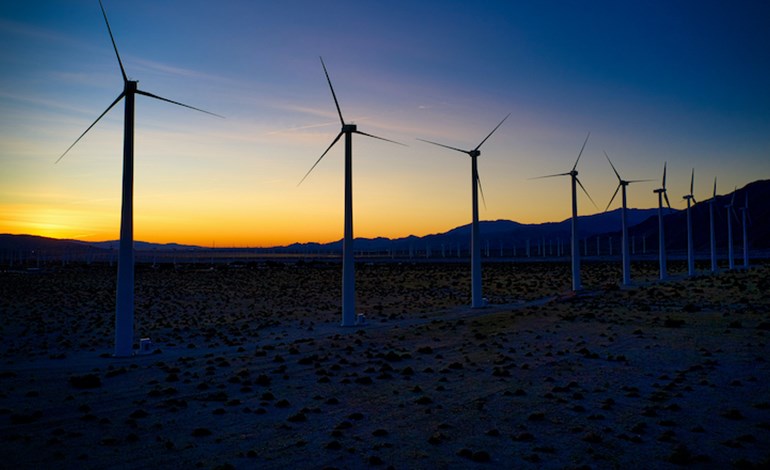In Short : Masdar, Abu Dhabi’s renewable energy company, has entered into a groundbreaking collaboration with the Malaysian government to develop up to 10 gigawatts of renewable energy projects. This $8 billion deal signifies a significant step towards Malaysia’s clean energy transition, aiming to reduce carbon emissions and accelerate the adoption of renewable technologies. Masdar’s expertise and substantial investment will play a pivotal role in advancing Malaysia’s renewable energy sector, aligning with the global efforts to combat climate change and promote sustainable energy solutions.
In Detail : Masdar, the UAE’s leading clean energy company, has signed a Memorandum of Understanding (MoU) with the Malaysian Investment Development Authority (MIDA) to invest $8 billion in developing up to 10 gigawatts (GW) of renewable energy projects in Malaysia. The projects, set to be completed by 2035, will include ground-mounted, rooftop, and floating solar power installations, onshore wind farms, and battery energy storage systems. This collaboration is a significant milestone in Malaysia’s sustainable energy revolution.
Meanwhile, Bhageria Industries, a prominent player in the specialty chemicals and renewable energy sector, has secured its first international turnkey solar engineering, procurement, and construction (EPC) project in Bahrain. The company will work with APM Terminals Bahrain on a 11.40 MWp solar project valued at $12.57 million. This venture opens doors for Bhageria Industries in the Bahraini market, contributing to renewable energy solutions.
India and Saudi Arabia have formed a partnership to boost investments in the renewable energy sector in each other’s countries. Union Power & NRE Minister R.K. Singh invited prominent Saudi business entities to invest in India’s new and renewable energy sectors, including solar energy, wind power, and green hydrogen. This collaboration aims to strengthen the renewable energy industry in both countries.
The private sector in Egypt is currently investing $4.4 billion in renewable energy projects, with the goal of increasing the country’s renewable power capacity to 10,000 megawatts by 2025. Additionally, Egypt plans to export approximately 5.6 million tons of green hydrogen annually, capturing 8% of the global hydrogen market. To support this initiative, the Egyptian government will present incentives for green hydrogen projects.
Telecommunications Consultants India Ltd. (TCIL) has invited bids from eligible parties to establish a pre-tender tie-up for a substantial solar PV project at Muscat and Salalah Airports in Oman. The project entails the design, engineering, construction, and maintenance of 20MW at Muscat International Airport and 6MW at Salalah Airport. This development in Oman contributes to the growth of renewable energy.
India and Saudi Arabia have signed a Memorandum of Understanding (MoU) covering areas such as electrical interconnections, green hydrogen, and supply chains. The agreement aims to facilitate cooperation in electrical interconnection, promote the exchange of electricity, co-develop projects in the renewable energy sector, and establish secure and resilient supply chains.
Jordan has launched a 24-megawatt photovoltaic solar-power project in the Disi area. This project, part of a larger 33-megawatt solar-power initiative, is expected to reduce electricity costs at water treatment plants and increase Jordan’s renewable energy contribution by 2.5%.
The UN Development Programme (UNDP) has initiated a tender for solar projects in Yemen, including standalone solar PV systems, solar street lighting, solar-powered water pumping systems, and on-surface PV systems. Power producers have until October 30 to submit their proposals.
These collaborations and projects demonstrate a global commitment to renewable energy development and the transition to a greener and more sustainable future.

